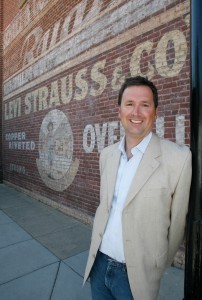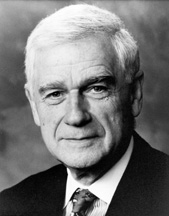 I took part in the Aspen Institute’s Global Leader Network bi-annual gathering, and once again I felt like the bellhop to these accomplished people.
I took part in the Aspen Institute’s Global Leader Network bi-annual gathering, and once again I felt like the bellhop to these accomplished people.
Just over 200 fellows from 27 counties all with the same ‘virus’ to change the world. For the seminar “why I stepped up,” I was asked to be a presenter, and like everyone there, my phony meter had long ago broke. I look at the self-help genre through the same Vaurnets as the guy with the Madonna microphone selling the slap-jack.
The seminar was all honesty, and the answer to why people step up and put themselves forward for public service is not linear. It’s very hard to put into words. Some people are hard-wired to mix their personal confidence with their convictions, look past the personal sacrifices and pitfalls, and try to do their best knowing they might never be recognized for it.
As I wrote that sentence, it dawns the need for recognition could be the difference between states-people and politicians.
A few concerns on modern service were articulated I think need to be discussed at the intellectual temple of the The Recovering Politician: First, is service today accepting the values of the party over the values of the person? I know firsthand the stinging backlash from ones own party for being too independent. Caucus politics can be small, petty and very effective. In my state, I’ve never seen a pro-life Democrat go anywhere and neither do pro-conservation Republicans. In my experience, the behind the door caucus politics and the perceived party policies are entirely different. I wonder if Mark Hatfield could get elected today?
The second concern about modern service is process. We have created a system of governance in which process (committees, task-forces, blue ribbon panels) are hallowed. Every state in America has plenty of process; because the process is suppose to provide a voice to everyone, right?
Not so fast. I think process protects the status quo in modern service and makes the role of the elected harder. In my state, task-force members are all bureaucrats and paid lobbyists-both with kingdoms to protect. Why are elected servants not part of process? Simple- they can’t afford it. Most states do not even pay public servants minimum wage. So does everyone have a seat at the process table?
Before I leave you with the impression that I am a Debbie Downer, let me leave you with a quote from one of her contemporaries–William Ellery Channing who wrote “The office of government is not to confer happiness, but to give men opportunity to work out happiness for themselves.” Yep, that’s my kind of stepping up. It’s a complicated calling.












Leave a Reply